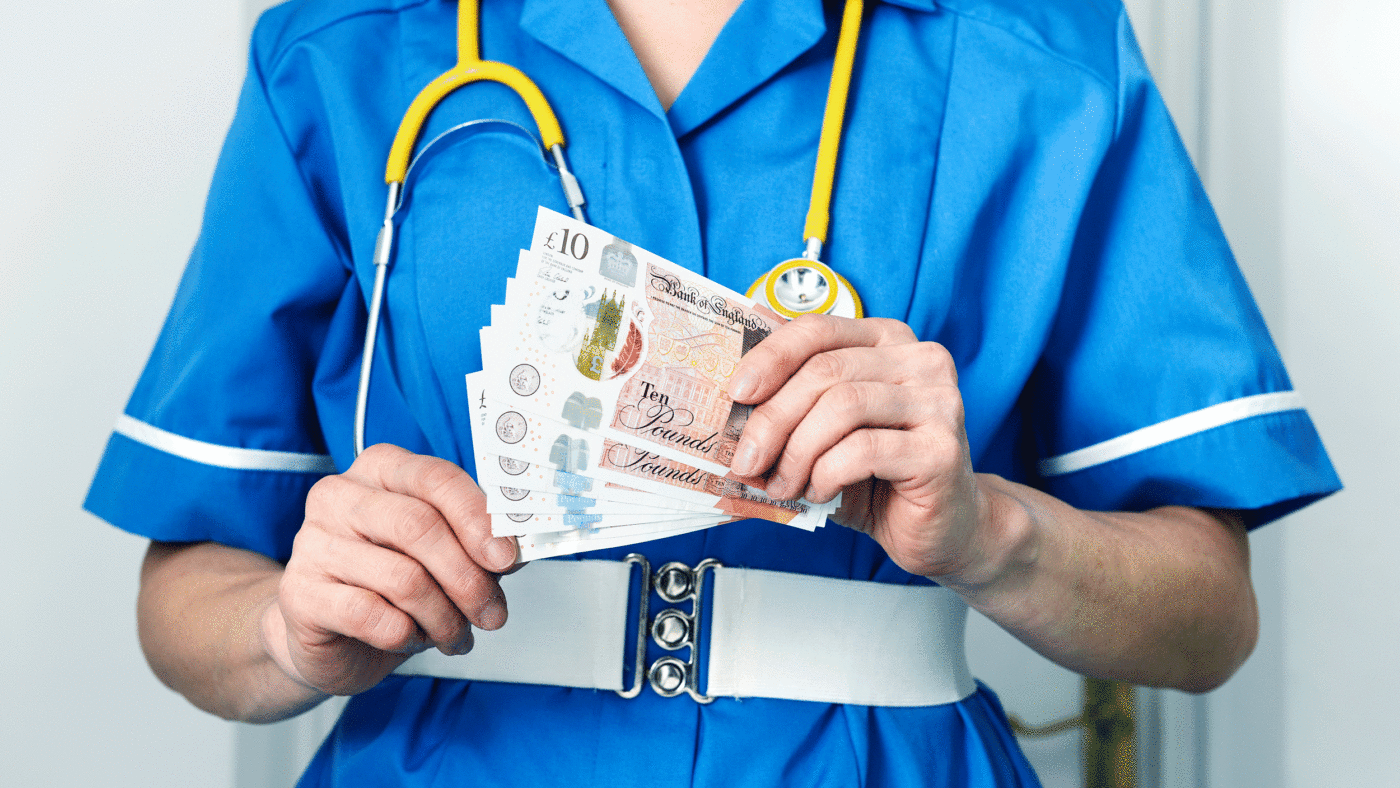Moral panics about imaginary secret plans to privatise the National Health Service are a time-honoured British tradition – so much so that one could almost defend them on ‘Burkean’ grounds. I cannot remember when I noticed this bizarre ritual for the first time, but I first wrote about in on the IEA blog more than a decade ago, in May 2011:
“A foreign visitor recently asked me what I thought about the government’s plans to ‘privatise the NHS’. Somewhat irritated, I assured him that no such plans existed, […] [b]ut my visitor insisted they did: on the way from the airport, he had read about it in a newspaper.
It is difficult to explain this peculiar political ritual to somebody who has not lived here for a long time. Whenever an organisational reform of the NHS is being proposed, […] it is only a matter of time before somebody claims […] the NHS [is] being ‘put up for sale’ […] Others then repeat the claim”
This was against the backdrop of the emerging moral panic around what would later become the Health and Social Care Act 2012. That Act, needless to say, had nothing to do with ‘privatisation’. It was simply another one of those top-down reorganisations of the NHS, which made things neither much better, nor much worse. But it was nonetheless widely denounced as a ‘Trojan Horse’, which, supposedly, contained a secret mechanism that would lead to the privatisation of the health service.
The British Medical Association was at it, and so were The Guardian, The Independent, The New Statesman, The Lancet, and hundreds of doctor-activists.
“David Cameron and Nick Clegg […] have been laying the ground for wholesale privatisation of the NHS, the destruction […] of one of Britain’s most cherished […] institutions”, wrote the editor of the Lancet. “I believe it will be a completely different healthcare system in five years’ time […] The NHS will just be a logo; a most cherished institution reduced […] to a US-style insurance scheme”, wrote the deputy chair of the BMA.
A decade has passed since then, the Health and Social Care Act is long forgotten, and last time I checked, the NHS was still there. So it is now safe to say that whatever was in that ‘Trojan Horse’ must have either died inside, or it must have been spectacularly useless at its mission.
But of course, none of the failed prophets ever admitted that they got this wrong, and none of them showed any signs of self-doubt. Instead, they simply moved on to the next moral panic.
From 2014-2016, there was a minor moral panic about how the Transatlantic Trade and Investment Partnership (TTIP) – the envisaged EU-US trade deal – was supposedly a Trojan Horse for the privatisation of the NHS. The Leave victory in the 2016 EU Referendum then scuppered that particular moral panic – but it quickly mutated into an even bigger one about how the envisaged bilateral UK-US trade deal was really a Trojan Horse for selling the NHS to American healthcare corporations. “Trump is here to help carve up the NHS in a post-Brexit trade deal – that’s the real story behind his visit”, titled The Independent. “Let’s send a message to Donald Trump to keep his hands off our NHS”, read a Change.org petition, which was signed by over 1.4 million people.
Once Donald Trump was no longer president, that story abruptly lost its appeal. But it was immediately replaced by a new moral panic about how the Government would somehow use Covid as a cover for privatising the NHS. That one turned out to be short-lived, and has now already been forgotten.
Today, the moral panic du jour is the idea that the Health and Care Bill is somehow a Trojan Horse for the privatisation of the NHS. There are various campaigns to stop it, and petitions are already gathering hundreds of thousands of signatures.
I usually avoid making predictions, because you only make a fool of yourself with these. But I’ll make an exception for this one, because it is such a safe bet:
In the late 2020s, nobody will remember the Health and Care Bill, and the NHS will still not be an inch closer to being ‘privatised’. But NHS campaigners will still be around, assuring us that the privatisation of the health service is in full swing. The precise mechanism via which this is supposed to happen will, of course, have changed. The ‘Trojan Horse’ of the day will be some future health reform act, which has yet to be invented. But the basic story will still be the same.
In my new IEA report Repeat Prescription? The NHS and four decades of privatisation paranoia, I show that this succession of moral panics has been going on since at least 1980. If anything, the conspiracy theories have been getting wilder and more unhinged over the years. This is going to get worse before it gets better.
Click here to subscribe to our daily briefing – the best pieces from CapX and across the web.
CapX depends on the generosity of its readers. If you value what we do, please consider making a donation.


